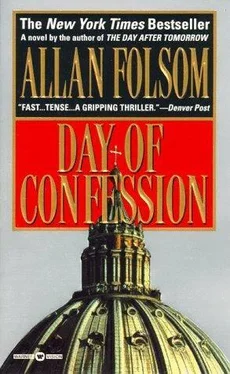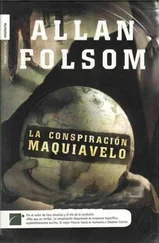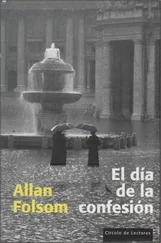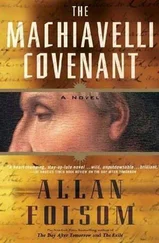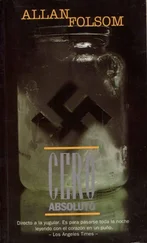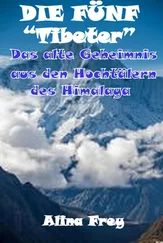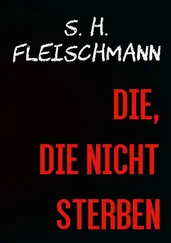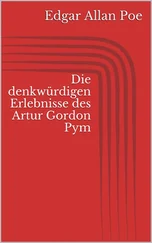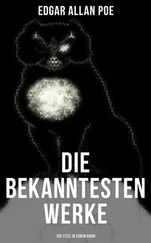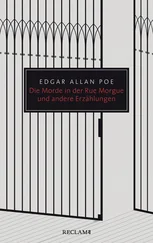And so, he was not the wrong man, but the right one. And because of it, Palestrina was certain his message would be sent.
3:00 a.m.
Palestrina sat at a small writing table in his bedroom. He was dressed in sandals and a silk scarlet robe that, with his physical poise and enormous size and his great mane of white hair, gave him the look of a Roman emperor. On the table in front of him were the early editions of a half dozen world newspapers. In each the lead story was the ongoing tragedy in China. To his right, a small television tuned to World News Network showed live coverage from Hefei, at the moment the picture was of truckloads of troops of the People's Liberation Army entering the city. They were dressed in coveralls, their hands gloved, their wrists and ankles taped, their faces hidden by bright orange filtration masks and clear protective goggles to safeguard – as a similarly dressed on-camera correspondent explained – against the transfer of bodily fluids and the spread of disease as they rushed to help manage the still-multiplying volumes of dead.
Glancing off, Palestrina looked at the bank of phones at his elbow. Pierre Weggen, he knew, was at this moment in Beijing in a friend-to-friend conversation with Yan Yeh. Solemnly – and with no hint whatsoever that the idea was any other than his alone – Weggen would be laying the early seeds of Palestrina's blueprint to rebuild all of China's water systems. He was trusting that the Swiss investment banker's station and longtime association with the president of the People's Bank of China would be enough for the Chinese businessman to embrace the idea and take it directly to the general secretary of the Communist Party.
Whatever happened, when the meeting was ended and the proper courtesies had been said, Weggen would call and let him know. Palestrina glanced at his bed. He should sleep, but he knew it was impossible. Standing, he went to his dressing room and changed into his familiar black suit and white clerical collar. Moments later he left his private apartments.
Purposely taking a service elevator, he went unseen to the ground floor, and from there out a side door and into the dark of the formal gardens.
He walked for an hour, maybe more, lost in thought, doing little more than wandering. Along the Avenue of the Square Garden to the Central Avenue of the Forest and then back, pausing for some time at Giovanni Vasanzio's seventeenth-century sculpture Fontana dell' Aquilone, the Fountain of the Eagle. The eagle itself, the uppermost piece on the fountain – the heraldic symbol of the Borghese, the family of Pope Paul V – was, to Palestrina, something entirely different: symbolic, enormously personal and profound, it brought him to ancient Persia and the edge of his other life, touching his entire being in a way nothing else could. From it, he drew strength. And from that strength came power and conviction and the certitude that what he was doing was right. The eagle held him there for some time and then finally released him.
Vaguely, he drew away, moving off in the dark. In time, he passed the two INTELSAT earth stations for Vatican Radio and then the tower building itself, and then continued on, across the endless green stage maintained by an army of full-time gardeners, through ancient groves and pathways, along the manicured lawns. Past the magnolias, the bougainvillaeas. Under the pines and palms, oaks and olives. Past seeming miles of carefully trimmed hedges. Surprised now and then by a shower of water thrown up by the booby traps of nighttime sprinklers set on automatic timers with no mind but the inching of the clock.
And then a lone thought turned him back. In the faint light of day, Palestrina approached the entry to the yellow-brick building that was Vatican Radio. Opening the door, he climbed the interior steps to the upper tower and then stepped out onto its circular walkway.
Resting his massive hands on the edge of the battlement, he stood and watched day begin to rise over the Roman hills. From there he could view the city, the Vatican Palace, St Peter's, and much of the Vatican gardens. It was a favorite place and one that not so coincidentally provided physical security should he ever need it. The building itself was on a hill some distance from the Vatican proper and therefore easily defended. The exterior walkway where he stood encircled the entire building, putting anyone approaching in clear view; and gave him a vantage point from which he could direct his defenders.
It was a fanciful sentiment perhaps, but one he took increasingly to heart. Especially in light of the singular thought that had brought him there – Farel's observation that Father Daniel was like the cat that had not used up its lives, the one man alone who could make him lose China. Before, Father Daniel had been an unwelcome glitch, a festering sore to be eliminated. That he had been able to elude both Thomas Kind and all of Roscani's men, and continued to do so, touched a chord deep in Palestrina that terrified him – his secret belief in a dark and pagan netherworld and the mystic depraved spirits who dwelled there. These spirits, he was certain, were responsible for the sudden onslaught of crippling fever and his subsequent cruel death at the age of thirty-three when he lived as Alexander. If it were they who were guiding Father Daniel-
'No!' Palestrina said out loud, then deliberately turned from his perch and left, walking back down the stairs and out into the gardens. He would not allow himself to think of the spirits, now or ever again. They were not real but rather of his own imagination, and he would not let his own imagination destroy him.
Hefei, China. Wednesday, July 15, 11:40 a.m.
Bureaucracy and confusion and his own position as water-quality inspector had delayed Li Wen from leaving the filtration plant. But finally he had done so by simply walking out of the angry turmoil of arguing politicians and scientists, and leaving. And now, heavy briefcase in one hand, the other pressing a handkerchief against his nose in a futile attempt to keep out the stench of decaying bodies, he worked his way up Changjiang Lu. Walking in the street one moment, on the sidewalk the next. Alternately moving between a flow of backed-up ambulances and emergency vehicles and the hordes of frightened, confused people desperate to find a way out of the city, or looking for relatives, or waiting in dread to feel the first chills and nausea that meant the water they had drunk earlier, that they had been told was safe, had poisoned them, too. And most were doing all three at the same time.
Another block and he passed the Overseas Chinese Hotel, where he had stayed and left his suitcase and clothing. The hotel was no longer a hotel but now Anhui Province's Anti-Poisoning Headquarters; it had been taken over in a matter of hours, with guests abruptly thrown out of their rooms, their luggage hurriedly stacked near the front of the lobby, some of it spilling out onto the street. But even if he had time, Li Wen would not go back there anyway. There were too many people who might recognize him, stop to ask him questions, delay him further. And the one thing Li Wen could not afford was further delay.
Head down, doing his best to avoid looking at the horror-stricken faces of the people around him, he walked the few remaining blocks to the railroad station, where army trucks waited in long lines to pick up the hundreds of soldiers arriving by train.
Soaked with sweat, lugging his briefcase, he pushed around soldiers and dodged military police, each step becoming more laborious than the last, as his decidedly out-of-shape forty-six-year-old body battled the strain of the last days, the persistent heat, and the putrid, inescapable odor of rotting corpses, which, by now, permeated everything. Finally, he reached the jicun chu, the left-luggage room, and collected the battered suitcase he'd checked early Monday when he'd first arrived; a suitcase containing the chemicals he would need to prepare more of his 'snowballs'.
Читать дальше
